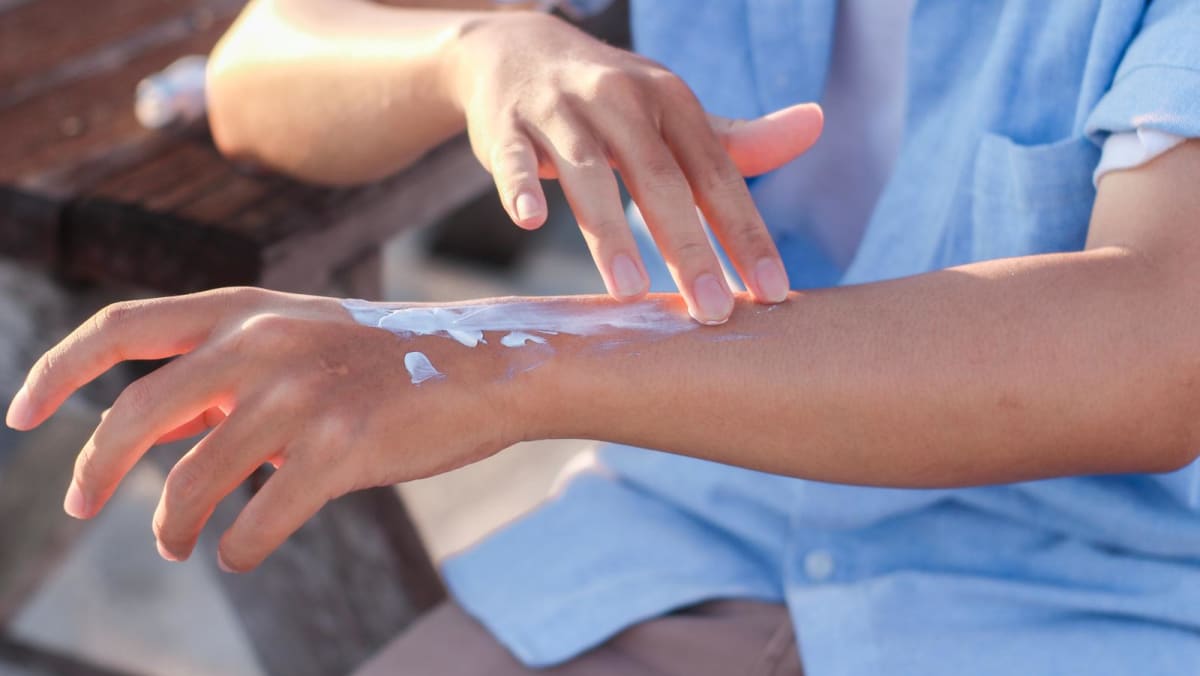There is no cure for PCOS but the disease can be managed. Dr Viargot-Foucault said the aim is to reduce symptoms, address fertility challenges, and prevent or treat related long-term complications.
She noted that good control of symptoms can be achieved through lifestyle changes and, if necessary, medical treatment.
Diet and exercise are key as they can reduce the harmful effects of symptoms.
A good diet includes high-fibre vegetables like broccoli, lean protein like fish, and anti-inflammatory foods like turmeric and tomatoes.
When it comes to exercise, WHO suggests 150 minutes of moderate to vigorous physical activity each week, ideally spread across several sessions.
“PCOS made me feel more conscious about my health,” Nur said. “I exercise a lot, I take care of what I eat, and I feel more loving towards my body – despite the challenges.”
Dr Viargot-Foucault noted that studies have shown that losing five to 10 per cent of body weight can restore ovulation, regulate the menstrual cycle, improve the chances of pregnancy, and lower the long-term risks of diabetes and cardiovascular diseases.
In addition to lifestyle changes, medical treatment can help address irregular periods, fertility problems, excess hair growth, and weight issues.
These include oral contraceptive pills containing progesterone to keep the uterine lining healthy for regular periods, insulin-sensitising medicine to lower glucose levels, and ovulation-inducing drugs such as gonadotropin for those trying to get pregnant.
Women with PCOS can also explore treatments for excess hair growth, or counselling to help manage their mood swings and depression.
LIVING WITH PCOS














